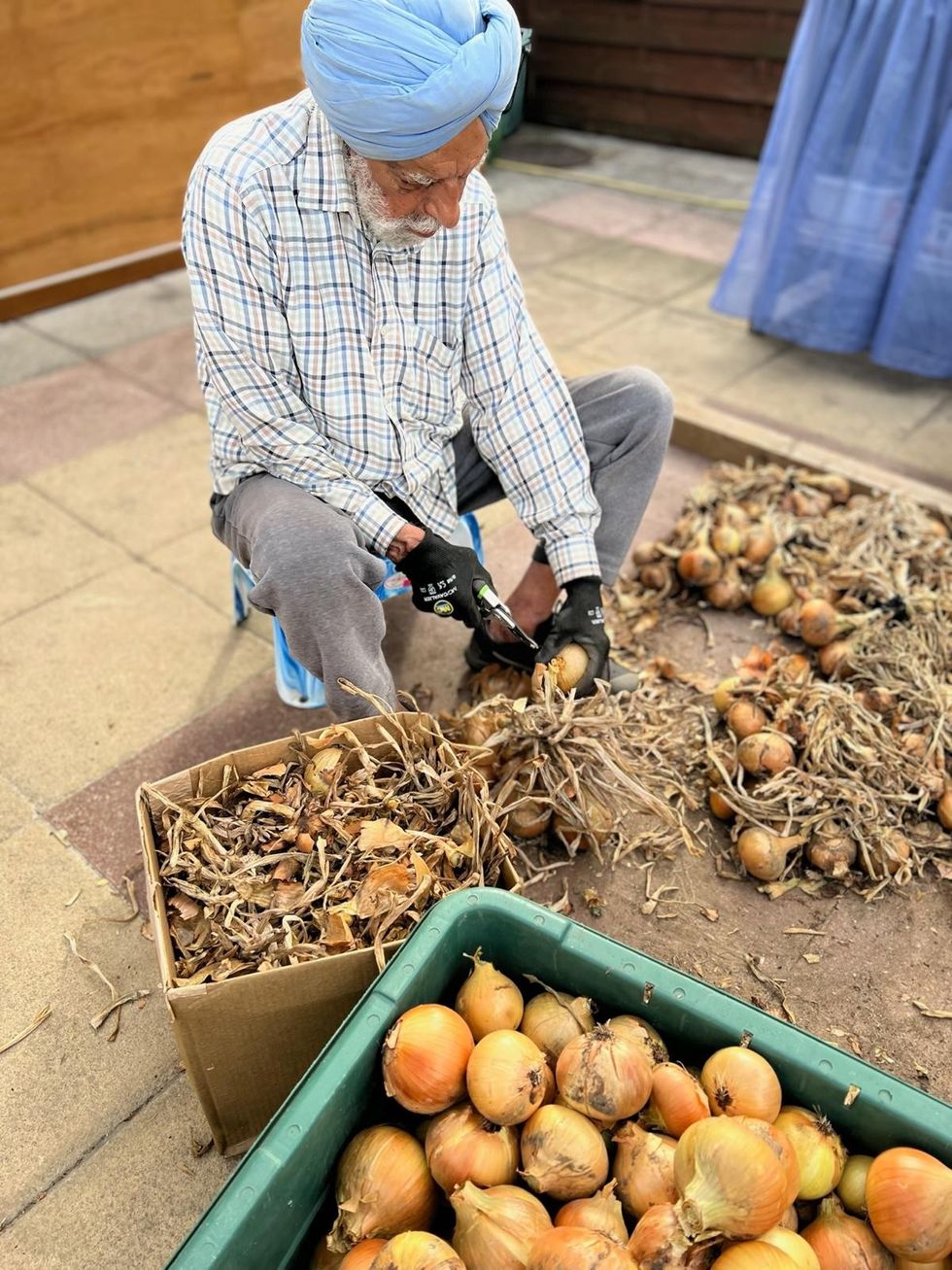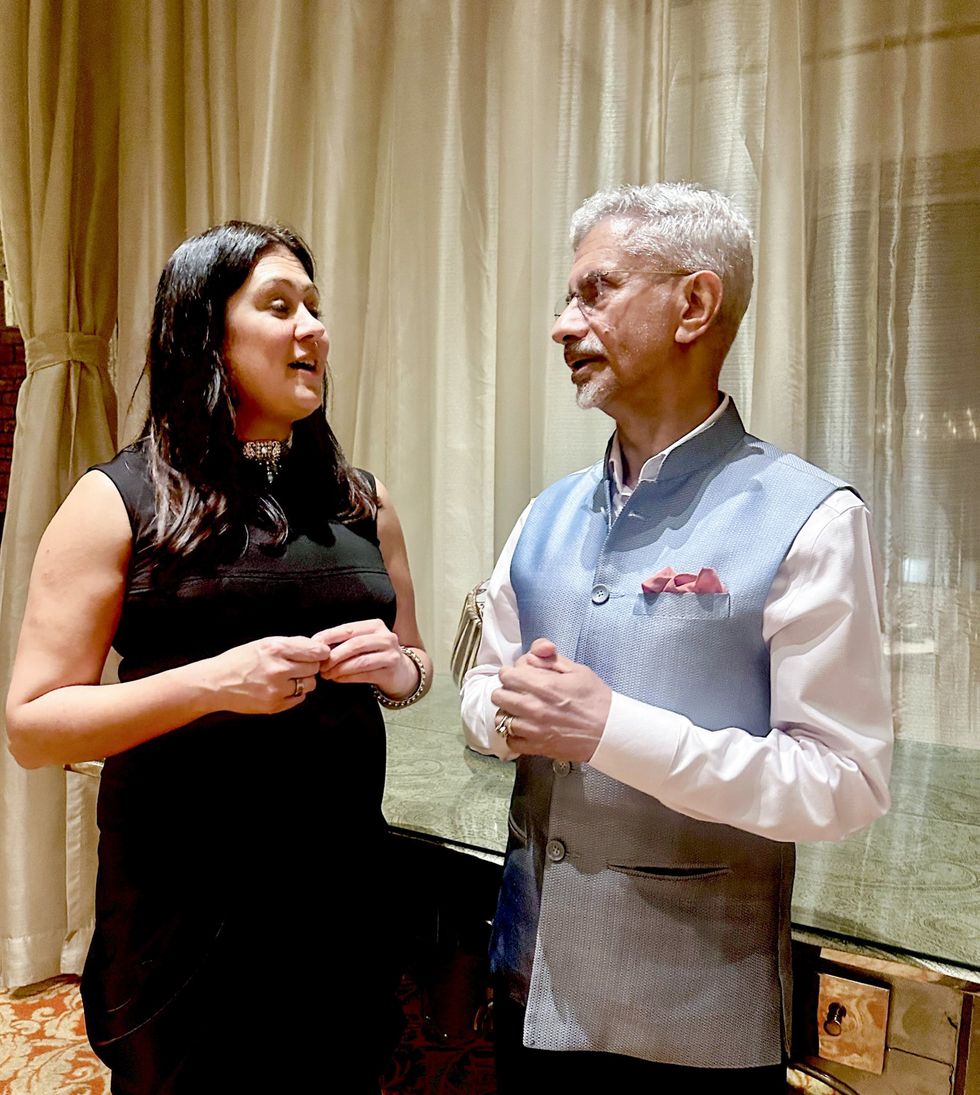A woman's years of fear about her knife-obsessed son came to be true as he murdered both her and his step-father at their home in Oldbury in a frenzied act.
It has also been revealed that authorities failed to save the lives despite the family's repeated pleas for help against an impending danger and they instead blamed the mother for "weak" parenting.
The 25-year-old killer, Anmol Chana, had been known for his weird and violent behaviour since his childhood. Apart from social services, GPs and mental health officials, his teachers were also aware of his threatening conduct, according to BirminghamLive.
His family, too, was living a terrified life, fearing that he would target the members at home as well.
Jasbir Kaur, the ill-fated mother and her daughter had spent years reaching out for help as they dreaded Chana, who was said to be "obsessed" with weapons and had threatened to kill his mother.
The family's nightmare came true in February 2020 when Chana attacked both Kaur, 52, and her husband Rupinder Bassan, 51, at their home on Mount Road and stabbed them more than 20 times.
He was convicted and given a jail term of 36 years.
Chana claimed that he committed the gruesome act in self-defence but his version was dismissed by prosecutors as "fantasy" and the jurors concluded that he lied.
Damning report says the couple could have been saved
A domestic homicide review has now given a verdict on the actions of agencies involved with the family in the years before the crime who could have helped in saving the ill-fated couple, the BirminghamLive report added.
The report, published by the Safer Sandwell Partnership, said how Chana had been a "constant threat" to his mother and had given a number of "threats to kill".
The family had been "seeking support" and "felt in danger" but their concerns "went unaddressed".
Kaur was also accused of poor parenting and called "weak" despite making several cries for help about how she was having to share space with her dangerous son.
Chana was potentially threatening from an early age as he talked about his "interest in death, hurting people or animals".
The report also said how the son had spoken to psychologists "openly about his fascination with weapons and did not show any remorse or empathy for his mother or sister".
After spending some time living with friends, he moved back to live with his mother in 2016.
He was arrested but not charged with assaulting her the following year.
She "remained at almost constant threat" from him from then on, the report added
"The review recognised significant victim blaming by professionals in their response. Far from being ‘weak’ (a term used repeatedly to describe her parenting) she had shown incredible strength," it said.
"That (Chana) was never formally assessed by mental health professionals in adulthood and was not referred to mental health services by his GP or (A&E) staff, because he was unwilling to engage, meant the family’s concerns went unaddressed. They felt in the months before the homicide that he was exhibiting elements of psychosis and was a danger to them and others.
"The lack of awareness of pathways to mental health support meant the family were given only limited guidance on the rights of a nearest relative to seek a (mental health) assessment. The review will never know what the outcome of such an assessment in the last months of (Ms Khan and Mr Bassan's) lives would have concluded.
"It is possible that he would have been identified as suffering a mental health crisis requiring emergency assessment and hospitalisation."
Following the review, Sandwell Children’s Safeguarding Partnership has altered its guidance to aid professionals recognise child-to-parent abuse.
Chief superintendent Maria Fox, chair of the Safer Sandwell Partnership, was quoted as saying by BirminghamLive, “It is clear from the report that, over many years of agencies’ involvement with the perpetrator, more could have been done to address his violent behaviour and poor mental health, while also providing better support to his mother and sister who lived with ongoing fear and anxiety about what he would do next.
“This review shows that professionals need to look at the whole family, not just individual family members, when responding to issues such as domestic abuse, including child-to-parent abuse.
She added, “Cases like this are rare but utterly devastating for those affected, as well as impacting on the local community. It is therefore vital that we continue to take forward the learning from this review.
“It is also important for people to know that the abuse they are experiencing is not their fault and there are services available to provide help and support.”

















 Dhatt with sons Jasvinder and Parminder
Dhatt with sons Jasvinder and Parminder Dhatt as a young soldier
Dhatt as a young soldier Dhatt with the then Prince of Wales, and the late Queen
Dhatt with the then Prince of Wales, and the late Queen Dhatt gardening at home
Dhatt gardening at home Dhatt with his granddaughter Amrit
Dhatt with his granddaughter Amrit
 Nandy at the WAVES event in Mumbai
Nandy at the WAVES event in Mumbai The culture secretary at Yash Raj Studios
The culture secretary at Yash Raj Studios With India’s foreign minister Dr S Jaishankar
With India’s foreign minister Dr S Jaishankar
